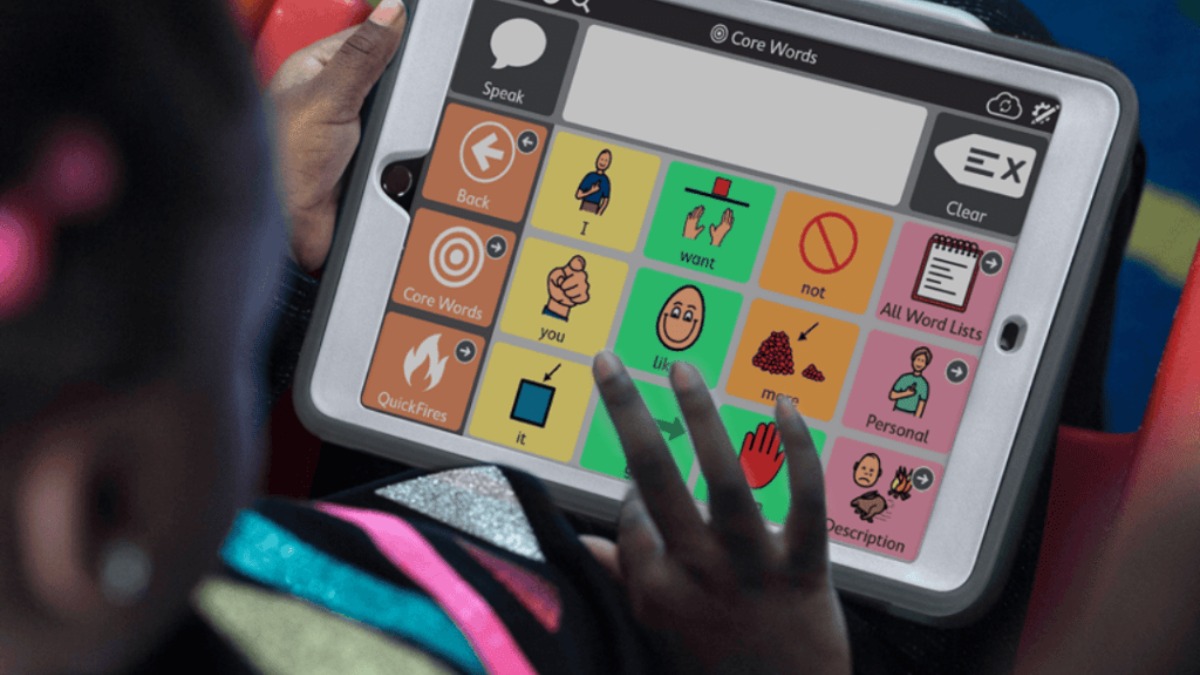DIR Floortime & Music Therapy: Interactive Approaches
March 19, 2025
Engage autistic individuals through DIR Floortime and music therapy—interactive methods that foster communication and emotional growth.
.jpg)
Key Points:
- DIR Floortime & Music Therapy work together to promote social, emotional, and cognitive development in children with developmental challenges.
- Research supports the benefits of interactive, play-based interventions in fostering communication and self-regulation skills.
- Parents and caregivers can integrate music into DIR Floortime sessions to enhance engagement and therapeutic outcomes.
A study examined the effectiveness of improvisational music therapy conducted within a Developmental, Individual-Difference, Relationship-Based (DIR)/Floortime framework for children with Autism Spectrum Disorder (ASD). The research focused on how this integrated approach could enhance social communication skills in children with ASD. The findings suggested that combining improvisational music therapy with the DIR/Floortime model may be beneficial in addressing the unique social and communicative challenges faced by these children.
Understanding DIR Floortime & Music Therapy
DIR Floortime (Developmental, Individual-differences, Relationship-based) is a play-based approach designed to support children with developmental delays. It helps children progress through essential developmental milestones by meeting them at their current level and expanding their interactions through play. Unlike rigid behavioral interventions, DIR Floortime emphasizes emotional connections and personal interests to foster engagement.
Music therapy complements DIR Floortime by using structured musical activities to enhance communication, emotional expression, and motor skills. Since music engages multiple areas of the brain, it provides an excellent medium for children to develop self-regulation, coordination, and social skills. The structured yet flexible nature of music aligns well with the play-based principles of DIR Floortime, creating a dynamic and engaging therapeutic experience.
3 Core Elements of DIR Floortime
- Following the child’s lead – Engaging with a child's interests to promote natural interaction.
- Expanding interactions – Encouraging back-and-forth communication and problem-solving.
- Building emotional connections – Strengthening relationships to enhance learning and development.
3 Core Elements of Music Therapy
- Rhythm-based activities – Helping with coordination and self-regulation.
- Singing and vocalization – Supporting communication and language skills.
- Improvisation and creativity – Encouraging self-expression and social interaction.
How Music Enhances DIR Floortime
Music therapy is a natural fit for DIR Floortime because both approaches focus on fostering engagement and connection. Music offers a multisensory experience that can capture a child's attention and encourage interactive play, making it easier to build upon developmental milestones.

By incorporating music into Floortime sessions, therapists and parents can create a more engaging and structured environment that encourages spontaneous interactions and developmental progress.
5 Practical Ways to Integrate Music into DIR Floortime Sessions
A well-structured Floortime session that incorporates music should be child-led, interactive, and developmentally appropriate. Here are several strategies to seamlessly integrate music into Floortime therapy:
1. Use Music to Initiate Engagement
Begin a session with a familiar and preferred song to capture the child’s interest. This can help establish a routine and signal that playtime is starting. Singing a child's name within a song can also encourage participation and recognition.
2. Encourage Interactive Play with Instruments
Providing simple instruments like drums, shakers, or tambourines allows children to explore sound and engage in turn-taking games. This enhances reciprocal communication and social interaction.
3. Incorporate Movement-Based Musical Activities
Action songs such as "If You’re Happy and You Know It" or "The Wheels on the Bus" encourage imitation, coordination, and emotional expression. Movement paired with music stimulates cognitive and motor skill development.
4. Use Music for Emotional Regulation
Soft, calming melodies can help children transition between activities or manage sensory overload. Similarly, upbeat, rhythmic music can provide stimulation when motivation or focus is needed.
5. Create Personalized Songs
Tailoring songs to include a child’s name, interests, or daily routines can foster a deeper sense of connection. This strategy makes learning more meaningful and engaging.
Unlock the Potential of DIR Floortime & Music Therapy with WonDIRfulPlay
At WonDIRfulPlay, we are dedicated to helping children thrive through engaging and individualized DIR Floortime therapy. Our play-based approach fosters social, emotional, and cognitive growth by meeting each child where they are and building on their unique strengths. By integrating interactive strategies like music, we create dynamic sessions that enhance communication, self-regulation, and meaningful connections.
If you’re looking for expert DIR Floortime services in New Jersey, our team is here to support your child’s developmental journey. Contact WonDIRfulPlay today to learn how our tailored approach can make a difference in your child's life!
Recent articles













.jpg)








.jpg)











.jpg)
.jpg)

.jpg)
.jpg)
.jpg)



.jpg)
.jpg)
.jpg)

.jpg)
.jpg)

.jpg)



.jpg)


.jpg)
%20(1).jpg)

.jpg)






.jpeg)









.jpg)
.jpg)
.jpg)
.jpg)
.jpg)


.jpg)
.jpg)
.jpg)
.jpg)
.jpg)
.jpg)
.jpg)
.jpg)
.jpg)
.jpg)
.jpg)
.jpg)
.jpg)
.jpg)
.jpg)
.jpg)
.jpg)
.jpg)
.jpg)
